




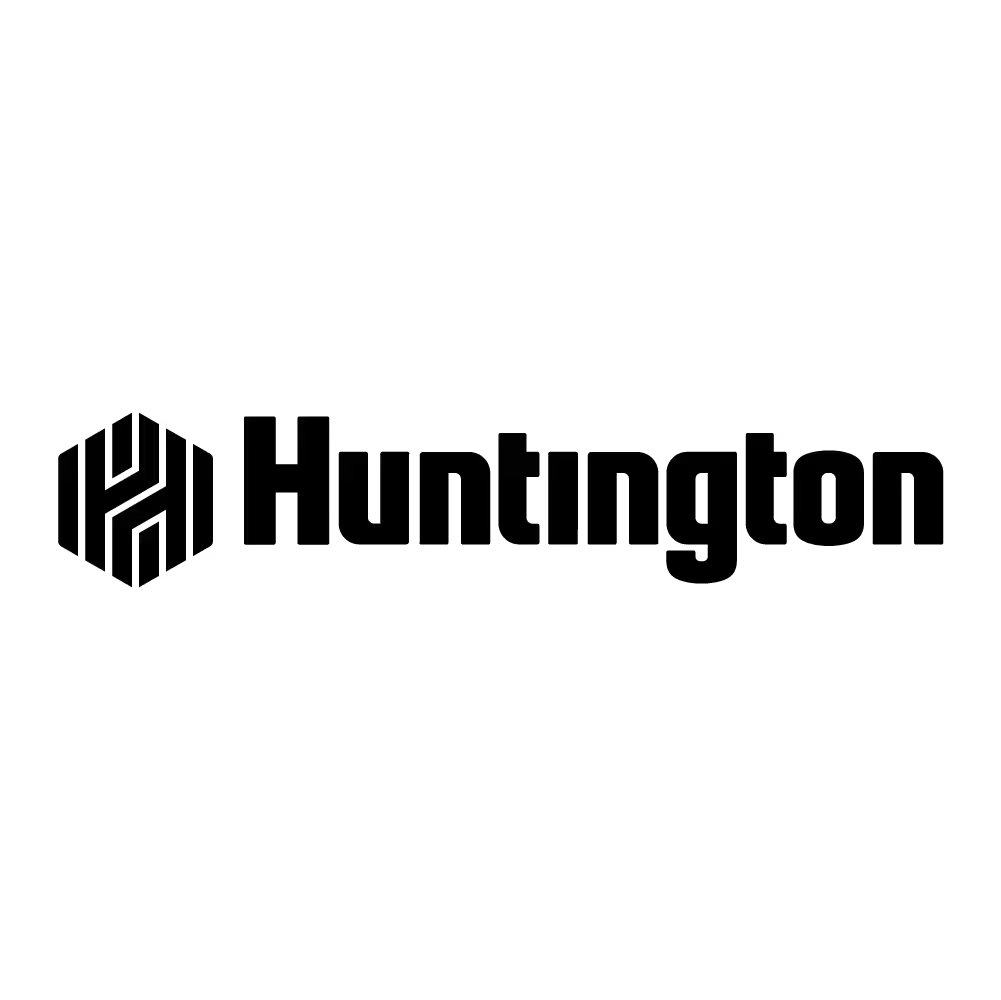

5-Star Valuation Services, Loved by Hundreds
Frequently Asked
Questions
No Frequently Asked Questions Found.
Assignments often focus on machinery and equipment, inventory, vehicles, and other operating assets. Reports are typically developed in accordance with USPAP and are designed to provide clear, supportable conclusions that can be relied upon by credit teams.
Professional appraisers conduct an in-depth examination that considers several key elements: equipment age, operational condition, accumulated usage hours, specific brand and model characteristics, and current market dynamics. Each factor is carefully weighted to generate an accurate representation of the asset's true worth.
The appraisal process begins with a detailed physical inspection, where experts methodically evaluate the equipment's structural integrity, mechanical functionality, and overall performance potential. Maintenance records play a crucial role, offering insights into the equipment's historical care and potential longevity. Well-maintained machinery typically commands a higher valuation, reflecting the diligence of its previous owners.
Comparative market analysis forms another cornerstone of the appraisal methodology. Appraisers cross-reference the equipment against recent sales of similar machinery, ensuring the valuation reflects current market conditions and industry trends. This approach provides a nuanced, data-driven perspective that goes beyond surface-level assessments.
Different sectors leverage construction equipment appraisals for varied purposes. Contractors use these evaluations to make strategic decisions about equipment acquisition or disposition. Financial institutions rely on precise valuations to assess lending risks and determine appropriate financing terms. Rental companies depend on these assessments for fleet management and insurance purposes.
Ultimately, a construction equipment appraisal represents a complex intersection of technical expertise, market knowledge, and financial analysis. It provides stakeholders with a reliable, objective assessment that supports informed decision-making in an ever-evolving industry landscape.
Detailed digital assessments typically involve clients submitting high-quality photographs and comprehensive equipment specifications. Appraisers carefully analyze these submitted materials, examining equipment condition, age, operational history, and market comparability factors. This method allows for precise evaluation without requiring physical presence.
Interactive online appraisal options have expanded, leveraging video conferencing platforms like Zoom, Google Meet, and Skype. These live sessions enable real-time equipment examination, allowing appraisers to request specific angles, discuss unique features, and conduct thorough visual inspections with clients.
The digital appraisal process offers significant advantages, including dramatically reduced turnaround times and elimination of geographical constraints. Clients can receive professional assessments quickly and conveniently, without scheduling complex in-person meetings or incurring additional travel expenses.
Modern appraisal techniques incorporate advanced technological tools and professional expertise to deliver accurate, reliable equipment valuations. By combining detailed documentation, visual evidence, and professional analysis, online construction equipment appraisals provide comprehensive insights that meet industry standards and client expectations.
Certified general appraisers offer the broadest expertise, holding comprehensive licenses that enable them to assess virtually any type of heavy machinery. Their deep market knowledge allows for nuanced valuations of complex and high-value equipment, making them invaluable for comprehensive assessments.
Licensed equipment appraisers focus specifically on machinery valuation, developing deep expertise in construction equipment like excavators, bulldozers, and cranes. Their specialized knowledge ensures precise evaluations that account for industry-specific factors, regulatory compliance, and detailed condition assessments.
Industrial appraisers bring a strategic perspective, examining equipment within the broader context of manufacturing and construction operations. They excel at understanding how machinery integrates into industrial ecosystems, providing holistic valuations that consider operational capabilities and market positioning.
Cost approach appraisers utilize a methodical replacement value strategy, calculating equipment worth based on reproduction costs and accounting for depreciation. This approach proves particularly effective for new or unique machinery, offering a scientific basis for valuation.
Market approach appraisers leverage comparative sales data, analyzing recent transactions to determine fair market value. By examining factors like age, condition, and brand reputation, they provide insights that reflect current market dynamics and competitive pricing trends.
Auction appraisers specialize in evaluating equipment within the unique context of sales environments. Their expertise in predicting auction performance helps buyers and sellers understand potential market values, drawing from historical sales data and current industry trends.
Selecting the right appraiser depends on specific assessment needs, equipment type, and valuation objectives. Understanding these professional distinctions empowers businesses and individuals to make informed decisions about their construction equipment assets.
Financial decision-makers rely on equipment appraisals to understand the true economic landscape of their assets. By establishing precise market values, companies can make informed choices about equipment maintenance, replacement, and potential divestiture. These evaluations capture nuanced details about depreciation, current market conditions, and potential future value trajectories.
Insurance and risk management represent another crucial dimension of equipment appraisals. Accurate valuations ensure appropriate coverage levels, protecting organizations from potential financial vulnerabilities in case of unexpected equipment loss or damage. This proactive approach mitigates potential economic disruptions and provides a clear framework for claims processes.
Lending institutions and financial partners frequently require professional equipment appraisals when considering financing or leasing arrangements. A comprehensive, objective assessment provides credibility and transparency, potentially securing more favorable lending terms and demonstrating the organization's financial sophistication.
Tax planning and compliance represent additional significant benefits of professional equipment appraisals. Whether addressing charitable donations, estate planning, or annual tax reporting, precise valuations help organizations maximize potential tax advantages while maintaining regulatory adherence.
Strategic asset management emerges as a fundamental outcome of regular equipment appraisals. By tracking equipment value over time, businesses can develop more intelligent procurement strategies, anticipate replacement cycles, and optimize their capital investment approaches.
Ultimately, construction equipment appraisals transcend simple monetary calculations. They represent a holistic tool for financial strategy, risk management, and organizational planning, enabling more sophisticated and informed decision-making across multiple business dimensions.
What Makes Construction Equipment Valuation Critical for Lenders?
The Critical Role of Construction Equipment Valuation in Lending
Construction equipment valuation represents a pivotal process for financial institutions when assessing loan collateral. This sophisticated evaluation goes far beyond simple price assessment, serving as a comprehensive risk management strategy.
Key Dimensions of Equipment Valuation
- Market Value Precision: Determines accurate current and potential resale value by comprehensively analyzing:
- Equipment condition
- Age and technological relevance
- Current market demand
- Potential depreciation trajectories
- Risk Management Framework: Provides financial institutions with critical insights into:
- Potential recovery values during default scenarios
- Asset liquidation potential
- Long-term collateral reliability
- Strategic Loan Structuring: Enables more nuanced financial product design by:
- Establishing appropriate loan-to-value ratios
- Determining competitive interest rates
- Creating flexible repayment terms
Comprehensive Valuation Benefits
- Enhanced regulatory compliance
- Transparent financial decision-making
- Reduced institutional risk exposure
- More accurate assessment of borrower capabilities
Professional equipment valuation transcends mere numeric assessment. It represents a sophisticated analytical process that protects both lender and borrower, ensuring financial transactions remain grounded in objective, verifiable data.
Key Factors Driving Equipment Value in Lending Scenarios
Understanding Critical Valuation Elements for Construction Equipment
Construction equipment appraisals for loan collateral require a comprehensive analysis of multiple interconnected factors. These elements help lenders and borrowers accurately assess equipment value, minimizing financial risks and ensuring fair lending terms.
1. Equipment Age and Physical Condition
- Newer equipment typically commands higher market values
- Physical condition directly impacts appraisal assessments
- Key evaluation criteria include:
- Operational capabilities
- Comprehensive maintenance history
- Documentation of repairs and upgrades
- Well-maintained assets consistently demonstrate superior value retention
2. Brand and Model Reputation
- Manufacturer reputation significantly influences equipment valuation
- Critical assessment factors:
- Brand reliability
- Technological sophistication
- Fuel efficiency
- Performance durability
- Established manufacturers often provide higher resale potential
3. Market Demand and Industry Dynamics
- Construction industry experiences cyclical market variations
- Valuation influenced by:
- Economic conditions
- Infrastructure project availability
- Seasonal market fluctuations
- Equipment type impacts market demand (excavators, bulldozers, cranes)
4. Customization and Specialized Attachments
- Specialized equipment often commands premium valuations
- Value-adding customizations include:
- Enhanced functional capabilities
- Project-specific modifications
- Efficiency-improving attachments
- Tailored solutions attract specialized buyers willing to pay higher prices
Comprehensive understanding of these valuation factors enables more precise equipment assessments, providing lenders with robust collateral value insights and borrowers with fair lending opportunities.
Understanding the Comprehensive Construction Equipment Appraisal Process
The Essential Elements of Construction Equipment Appraisal
When using construction equipment as loan collateral, a comprehensive appraisal process is critical for accurately determining asset value and supporting financial decisions.
Key Stages of Equipment Appraisal
- Initial Equipment Inspection
- Thorough visual assessment of physical condition
- Operational performance evaluation
- Establishing baseline value based on equipment attributes
- Market Condition Analysis
- Research current industry demand
- Analyze comparable equipment sales data
- Identify market trends affecting equipment valuation
- Detailed Equipment Specification Review
- Examine manufacturer details
- Assess equipment model specifications
- Review total operational hours
- Consider productivity-enhancing modifications
Valuation Considerations
Equipment appraisal methodologies can vary significantly depending on the intended purpose:
- Resale valuation
- Internal project use assessment
- Loan collateral determination
Final Reporting
The appraisal process concludes with a comprehensive report that:
- Documents detailed valuation methodology
- Presents clear findings
- Provides a precise equipment value assessment
- Supports lender risk evaluation
By following this meticulous approach, stakeholders can achieve a transparent and reliable equipment valuation that builds confidence and facilitates informed financial decision-making.
Which Equipment Types Matter Most for Loan Collateral?
Key Construction Equipment for Loan Collateral Assessment
Securing a loan using construction equipment as collateral requires a strategic understanding of equipment value and marketability. Not all assets carry equal weight in the lending landscape, making it critical to identify equipment types that provide the most substantial financial assurance.
Top Equipment Categories for Loan Collateral
- Heavy Machinery
The cornerstone of construction operations, heavy machinery represents prime collateral assets. Excavators, bulldozers, and backhoes are particularly valuable due to their:
- High market demand
- Significant operational capabilities
- Substantial replacement costs
Key valuation factors include age, maintenance history, and overall condition.
- Specialized Lifting Equipment
Cranes stand out as critical collateral assets, with value determined by:
- Machine type (mobile vs. stationary)
- Lifting capacity
- Advanced safety features
- Technological sophistication
- Earthmoving Equipment
Critical for site preparation and development, this category includes:
- Graders
- Scrapers
- Compactors
Their ability to rapidly transform landscapes makes them attractive collateral options.
- Power Generation Equipment
While typically lower in individual value, generators and portable power tools remain essential collateral, especially for smaller construction enterprises.
- Complementary Attachments
Often overlooked, specialized attachments can significantly enhance equipment value:
- Hydraulic buckets
- Specialized hammers
- Grapple attachments
These components contribute to overall equipment functionality and potential collateral worth.
Critical Valuation Considerations
Successful loan collateralization depends on comprehensive equipment assessment. Lenders and borrowers must collaborate to accurately evaluate each asset's:
- Current market value
- Operational condition
- Potential resale marketability
- Remaining productive lifecycle
By understanding these nuanced factors, construction firms can develop more robust financing strategies and optimize their equipment's potential as valuable collateral assets.
Navigating Depreciation: The Financial Impact on Equipment Value
Understanding depreciation is essential for accurately assessing the value of construction equipment, particularly when it serves as loan collateral. Depreciation represents the systematic decline in an asset's value over time, influenced by multiple critical factors.
Key Factors Driving Equipment Depreciation
- Age of Equipment: As machinery gets older, its market value naturally decreases. A brand-new excavator will command a significantly higher value compared to an equivalent model several years its senior.
- Usage Hours: Total operational hours directly correlate with equipment wear and tear, accelerating depreciation rates. Higher utilization typically means faster value reduction.
- Maintenance Quality: Meticulously maintained equipment preserves more of its market value. Regular servicing extends operational lifespan and mitigates rapid depreciation.
- Technological Advancements: Emerging technologies can rapidly obsolete older equipment models, causing accelerated value decline.
- Market Demand Fluctuations: Industry trends and economic conditions significantly impact equipment valuation and depreciation trajectories.
Financial Implications for Lenders and Equipment Owners
Comprehensive depreciation analysis provides critical insights for both lenders and equipment owners. Accurate appraisals help stakeholders:
- Assess true collateral value
- Understand potential investment risks
- Make informed financial decisions
- Strategically plan equipment replacement cycles
Strategic Considerations
Proactive equipment management requires understanding depreciation's nuanced dynamics. By monitoring usage, maintaining rigorous service records, and staying informed about technological trends, owners can optimize their equipment's long-term value and financial performance.
Selecting the Right Appraiser: Expertise That Protects Your Investment
Key Considerations When Selecting an Equipment Appraiser
Selecting the right appraiser for construction equipment loan collateral is a critical decision that directly impacts your financial strategy. The following factors will help you identify a professional who can provide accurate, reliable valuation.
Industry-Specific Expertise
- Seek appraisers with specialized knowledge in construction equipment
- Look for professionals who understand:
- Specific machinery types (excavators, bulldozers, cranes)
- Market demand fluctuations
- Depreciation trends
- Operational condition impact on equipment value
Professional Credentials
- Verify appraiser certifications from respected professional organizations
- Recommended certifications include:
- American Society of Appraisers (ASA)
- International Society of Appraisers (ISA)
- Credentials demonstrate:
- Commitment to ethical practices
- Ongoing professional development
- Adherence to industry standards
Loan Collateral Valuation Experience
- Prioritize appraisers with specific experience in equipment loan valuations
- Key attributes to evaluate:
- Understanding of lender requirements
- Familiarity with financial regulations
- Track record of producing credible appraisal reports
Comprehensive Appraisal Approach
- Seek appraisers offering comprehensive valuation services, including:
- Detailed condition reports
- Market comparative analysis
- Assessment of repairs and modifications
- Comprehensive equipment evaluation
Communication and Transparency
- Choose an appraiser who provides:
- Clear, detailed reports
- Transparent valuation methodology
- Explicit explanation of findings
- Disclosure of valuation assumptions
By carefully evaluating these critical factors, you can select an appraiser who will provide an accurate, reliable valuation that supports your financial objectives and protects your equipment investment.
Appraisal Methodologies: Comparing Market and Cost Approaches
Understanding the methodologies used in construction equipment appraisal is crucial for accurate evaluations, especially when determining loan collateral value. Two primary approaches dominate this field: the Market Approach and the Cost Approach. Each methodology offers unique insights and serves different assessment needs.
Market Approach Overview
The Market Approach determines equipment value by analyzing recent sales data of comparable items in the marketplace. This method relies on identifying similar equipment and assessing their transaction prices to establish fair market value.
Key Considerations in Market Approach
- Comparables Selection: Identifying equipment with matching characteristics such as:
- Model specifications
- Current condition
- Age and usage history
- Operational performance
- Market Trend Analysis: Evaluating current supply and demand dynamics that influence pricing
- Precise Adjustments: Making calculated modifications to account for:
- Equipment condition variations
- Unique feature differences
- Geographic location factors
Cost Approach Methodology
The Cost Approach calculates value by determining the replacement cost of equipment, then subtracting appropriate depreciation. This method proves especially valuable when market data is limited or for specialized equipment.
Core Components of Cost Approach
- Replacement Cost Estimation: Calculating current purchase price for equivalent equipment, considering:
- Manufacturer pricing
- Current market conditions
- Equipment specifications
- Comprehensive Depreciation Analysis: Assessing multiple depreciation types:
- Physical deterioration
- Functional obsolescence
- Economic value reduction
- Value-Adding Modifications: Incorporating equipment upgrades or customizations that potentially increase overall value
By mastering both approaches, stakeholders can develop nuanced, accurate valuations that provide transparent and reliable assessments for loan collateral purposes.
Compliance and Standards: Ensuring Accurate Equipment Valuation
Accurate equipment valuation is critical for both lenders and borrowers in construction equipment appraisals for loan collateral. Maintaining strict compliance with industry standards ensures the credibility and reliability of appraisals, protecting the interests of all parties involved.
Key Compliance Standards in Equipment Valuation
Uniform Standards of Professional Appraisal Practice (USPAP)
- Provides a comprehensive framework for ethical and professional appraisal conduct
- Requires systematic appraisal methodologies
- Mandates evidence-based valuations with sound rationale
Professional Certification and Continuous Education
- Organizations like the American Society of Appraisers (ASA) and Appraisal Institute offer:
- Rigorous certification programs
- Ongoing education opportunities
- Continuous updates on market trends and technological advancements
Essential Components of a Comprehensive Appraisal Report
- Detailed equipment condition assessment
- Current market demand analysis
- Comparable sales data
- Evaluation of external influencing factors:
- Economic conditions
- Technological advancements
- Equipment lifecycle
Importance of Comprehensive Valuation
A thorough appraisal provides lenders with a comprehensive understanding of collateral worth, including:
- Current market value
- Potential value retention
- Future market trends
Adherence to established standards mitigates risks for lenders and provides borrowers with reliable assessments that support effective financial planning and decision-making.
Preparing for a Successful Equipment Appraisal: Insider Tips
Essential Preparation Strategies for Construction Equipment Appraisal
Successful equipment appraisals require meticulous preparation and strategic planning. By following key insider strategies, you can optimize the valuation process and ensure a comprehensive assessment of your construction equipment.
1. Comprehensive Documentation
- Compile all critical documentation, including:
- Original purchase invoices
- Detailed maintenance records
- Previous appraisal reports
- Service and repair history
Comprehensive documentation provides appraisers with a thorough understanding of the equipment's historical performance and maintenance quality.
2. Equipment Condition Assessment
- Conduct a thorough pre-appraisal equipment evaluation
- Clean and prepare machinery for inspection
- Document all visible wear and tear
- Prepare detailed records of repairs and upgrades
- Highlight recent investments in equipment maintenance
3. Market Knowledge and Insights
- Research current market trends for specific equipment types
- Understand regional demand and pricing dynamics
- Track recent sales and comparable equipment values
- Stay informed about technological advancements in your equipment category
4. Selecting the Right Appraiser
- Verify professional credentials
- Confirm specialized experience in construction equipment
- Review professional certifications
- Check industry reputation and references
5. Transparent Communication
- Provide clear, honest equipment information
- Disclose any known deficiencies
- Share unique equipment characteristics
- Be prepared to answer detailed questions
6. Strategic Timing Considerations
- Monitor market conditions
- Schedule appraisals during peak demand periods
- Consider economic indicators
- Align appraisal timing with potential loan requirements
By implementing these comprehensive preparation strategies, you can facilitate a more accurate and efficient equipment appraisal process, ultimately maximizing the potential valuation of your construction equipment for loan collateral purposes.
Common Challenges and Solutions in Construction Equipment Assessment
Key Challenges in Construction Equipment Assessment
Construction equipment appraisal involves navigating complex evaluation processes that require specialized expertise and comprehensive analysis.
1. Equipment Condition Variability
- Significant variations in equipment maintenance and physical condition
- Critical need for detailed, professional inspections
- Importance of assessing both functional and cosmetic equipment status
- Requires expert appraisers with technical understanding of machinery
2. Rapid Depreciation Dynamics
- Construction equipment experiences accelerated value decline
- Valuation complexity due to quick market value changes
- Necessity of using comprehensive historical market data
- Requires sophisticated depreciation calculation methods
3. Market Volatility Factors
- Economic conditions significantly impact equipment values
- Regional construction service demands create value fluctuations
- Emerging technologies reshape equipment market landscapes
- Requires continuous market trend monitoring
4. Documentation and Compliance Challenges
- Incomplete or inconsistent equipment records
- Legal and regulatory compliance requirements
- Need for systematic documentation review
- Importance of comprehensive record-keeping practices
5. Equipment Type Complexity
- Diverse range of construction machinery
- Unique valuation considerations for different equipment types
- Requirement for specialized technical knowledge
- Understanding nuanced market demands for specific equipment
Effectively addressing these challenges ensures more accurate, reliable equipment valuations that reflect true market conditions and potential loan collateral value.
View all Locations
APPRAISEITNOW APPRAISERS ARE BEST-IN-CLASS & CREDENTIALED BY LEADING APPRAISAL ORGANIZATIONS LIKE THE ISA, ASA, & MORE.






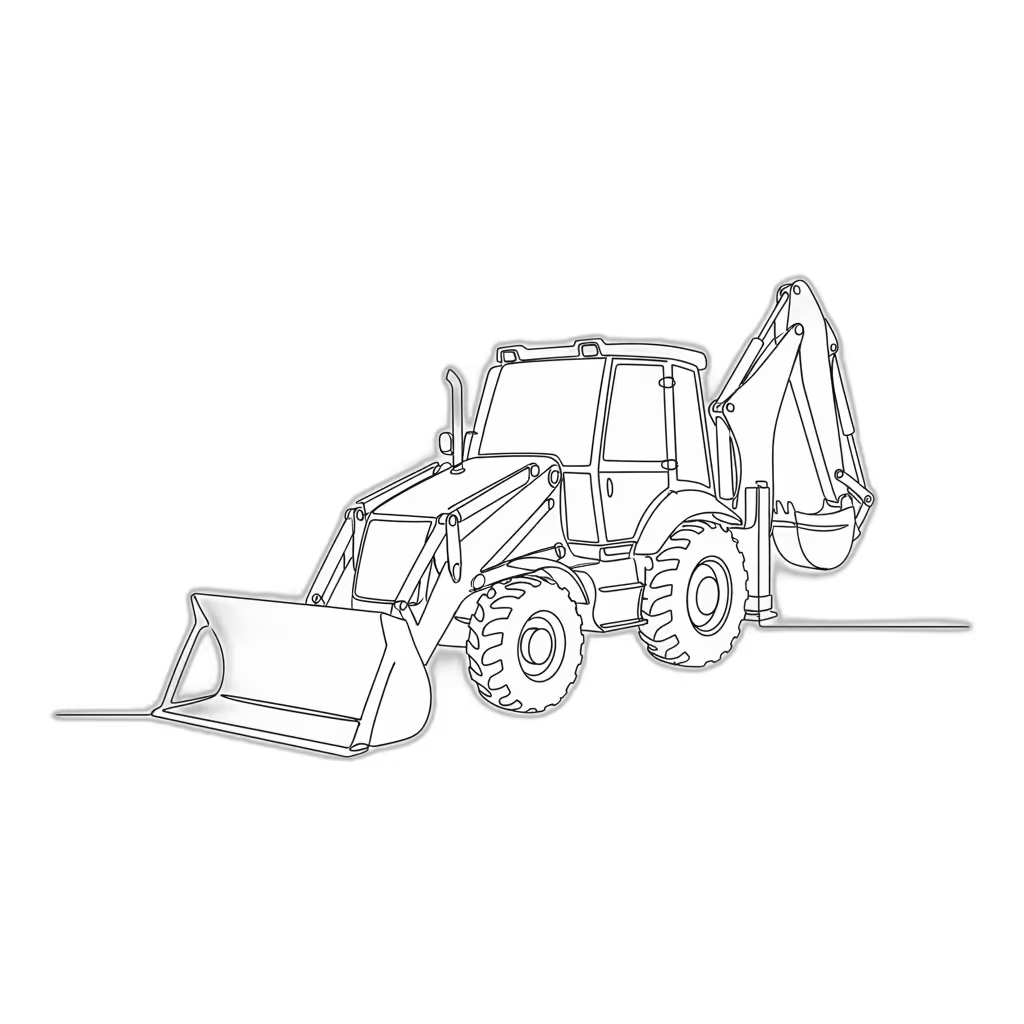
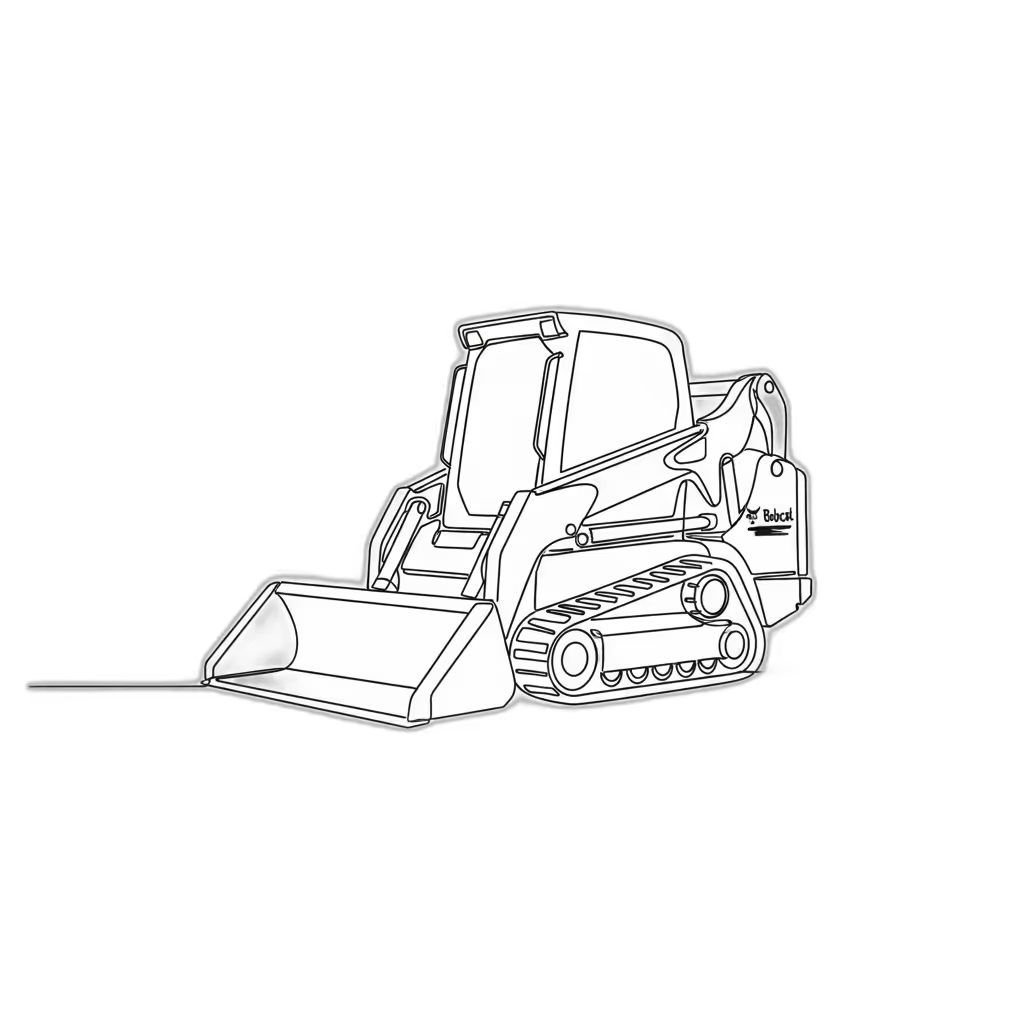
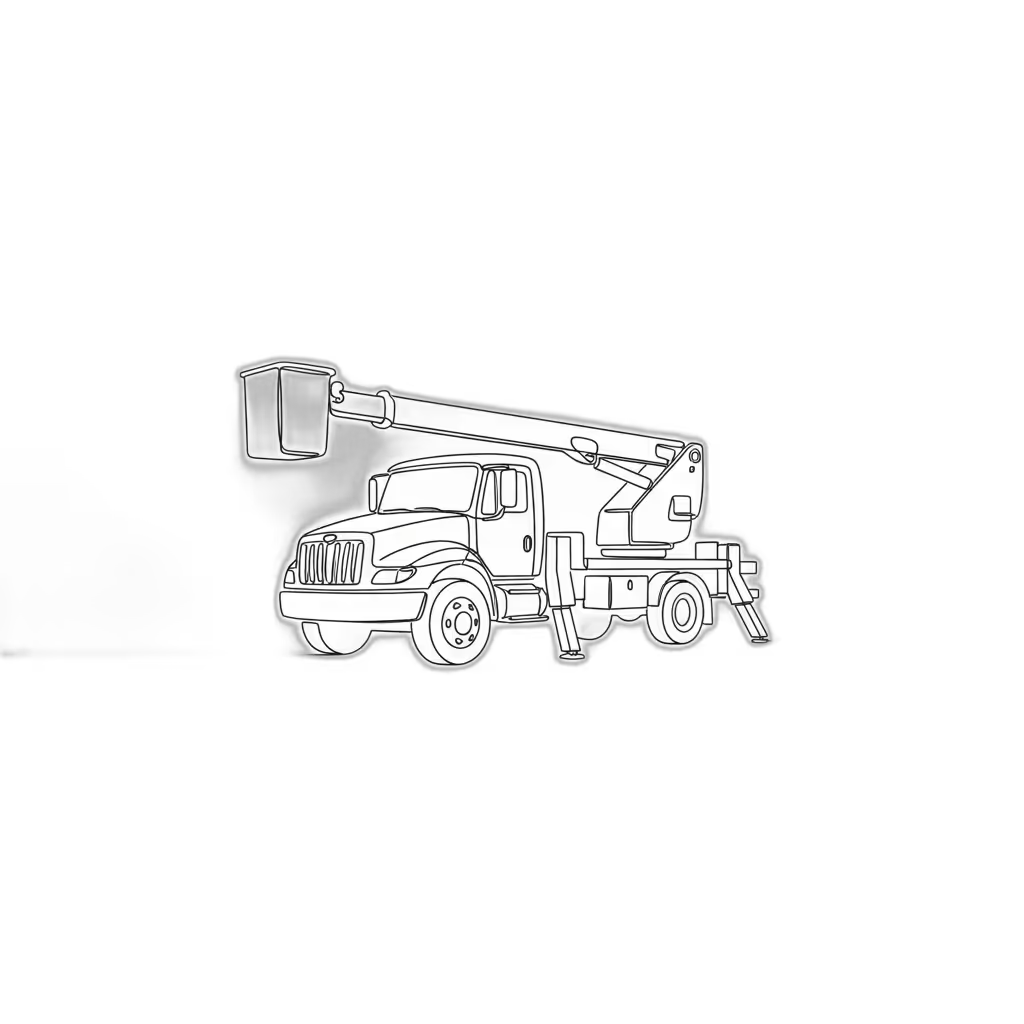
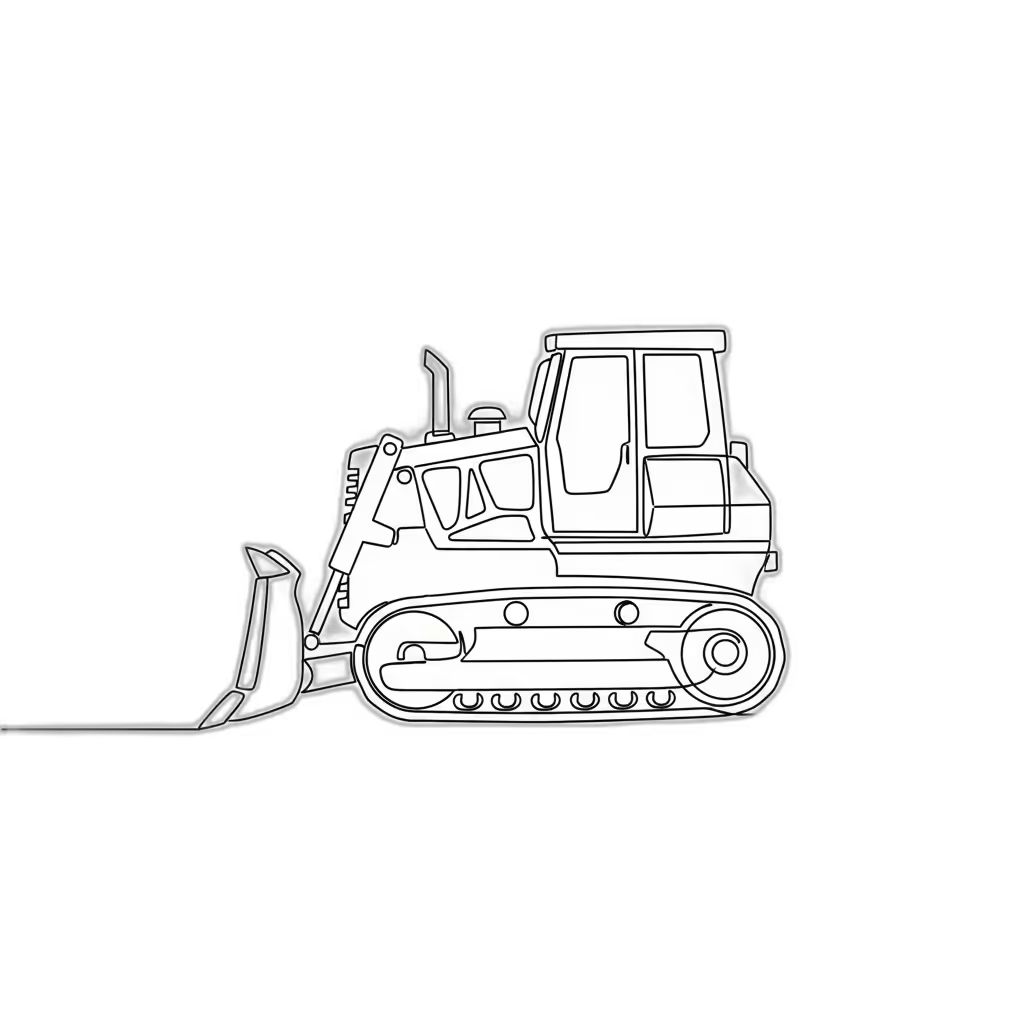
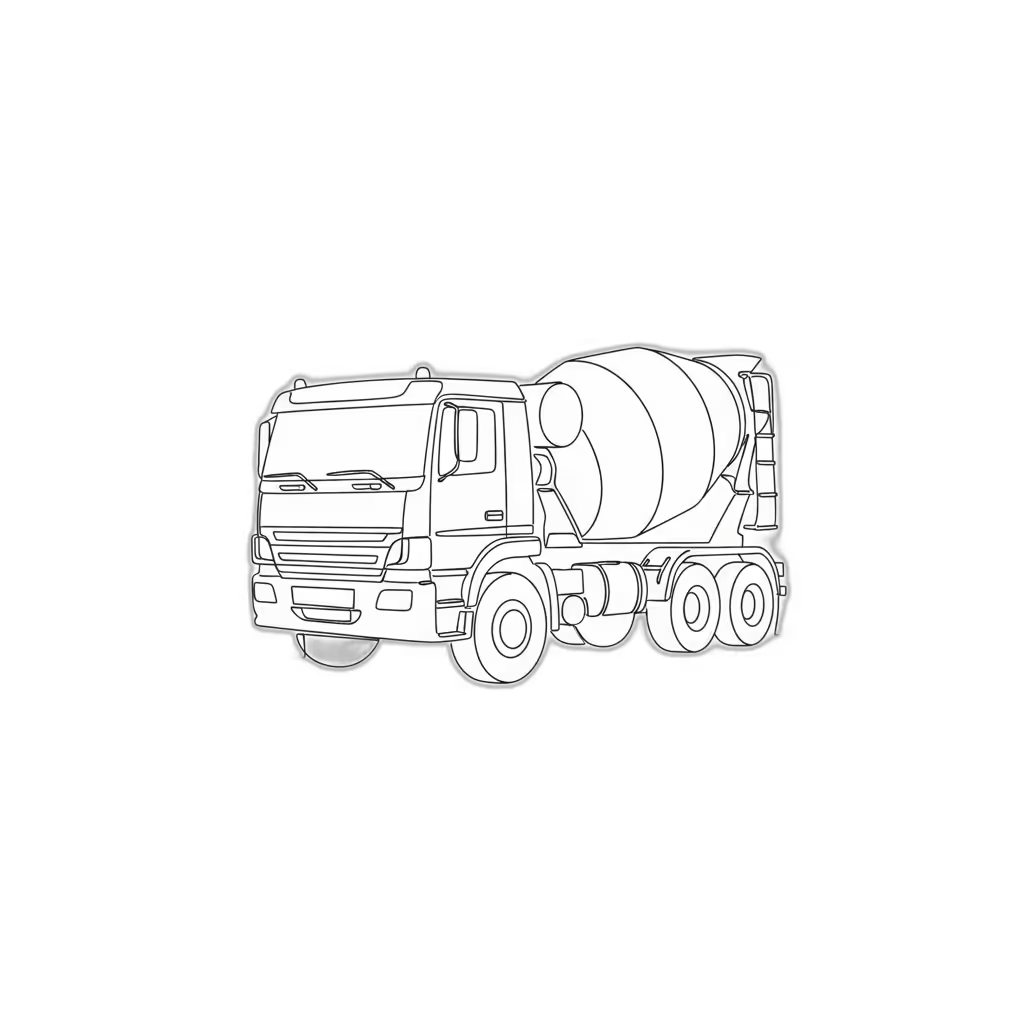


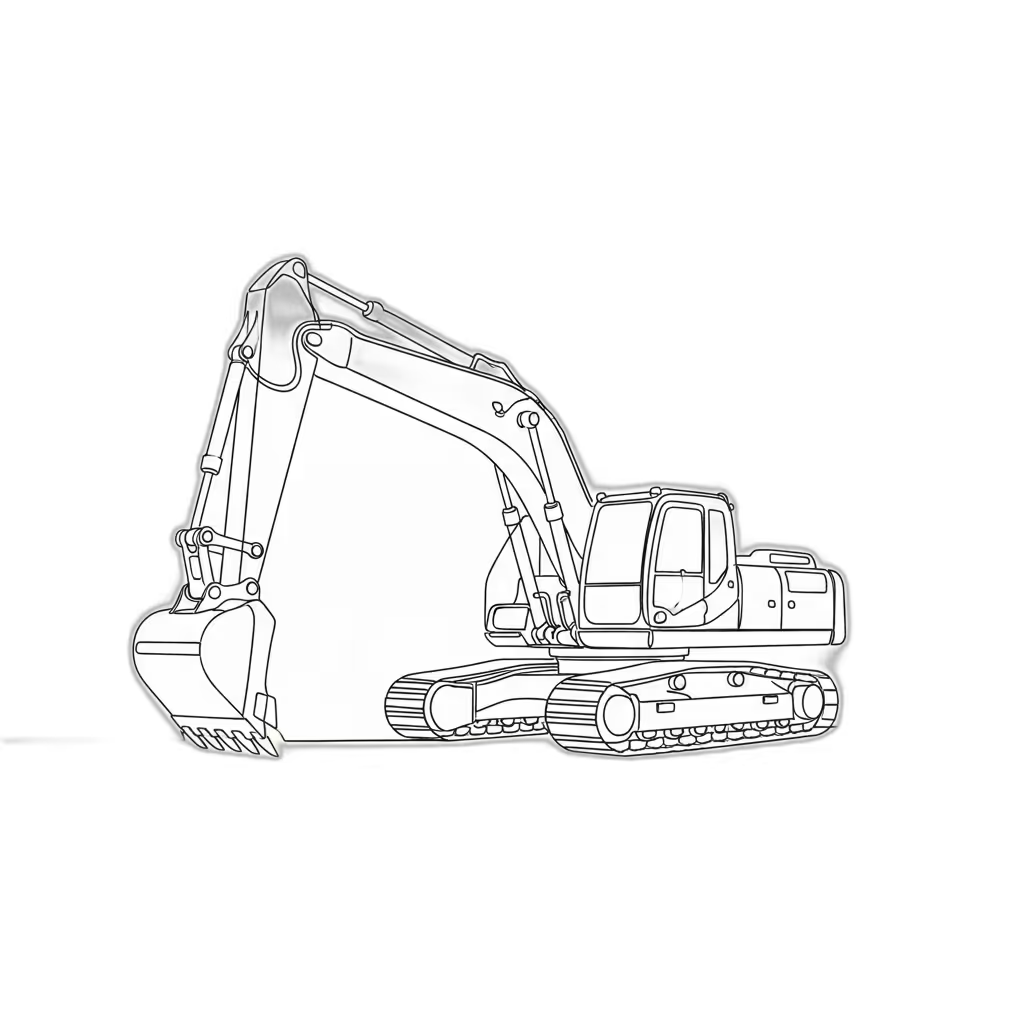
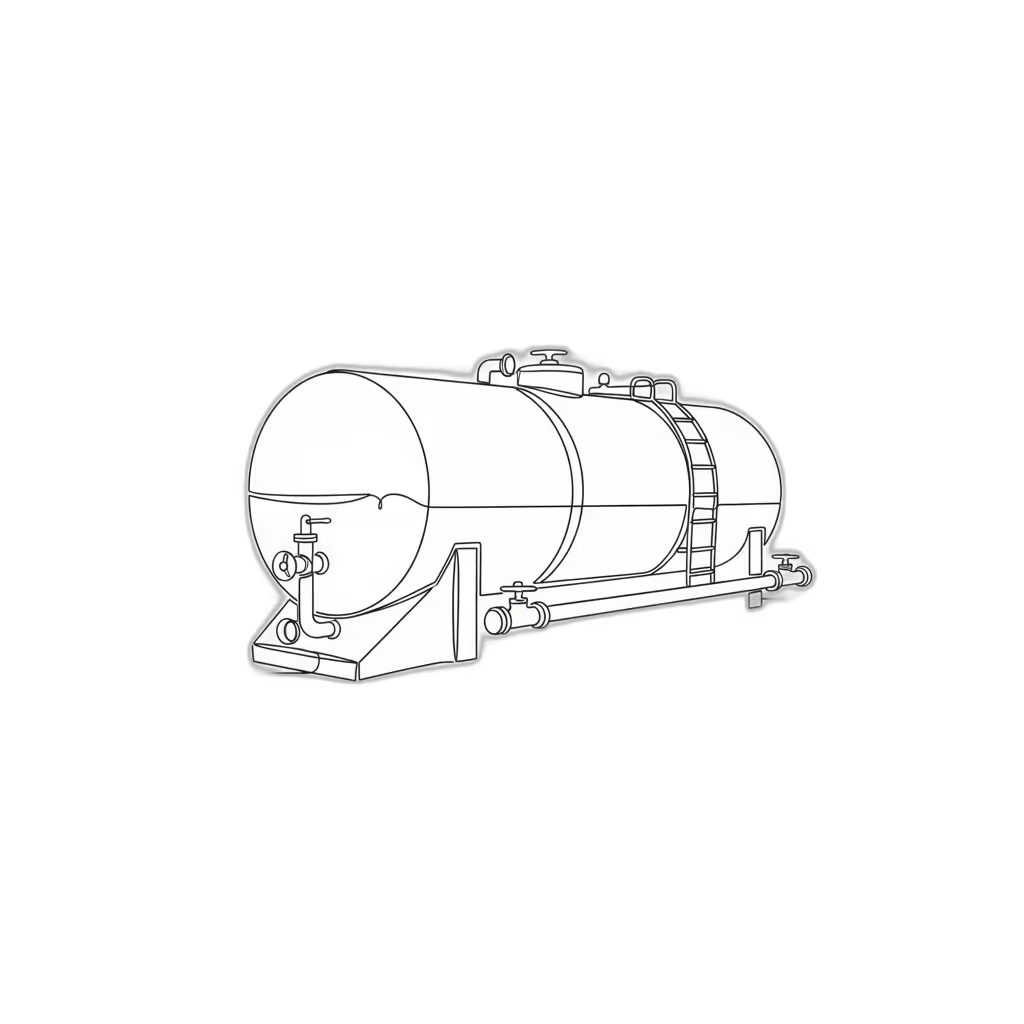

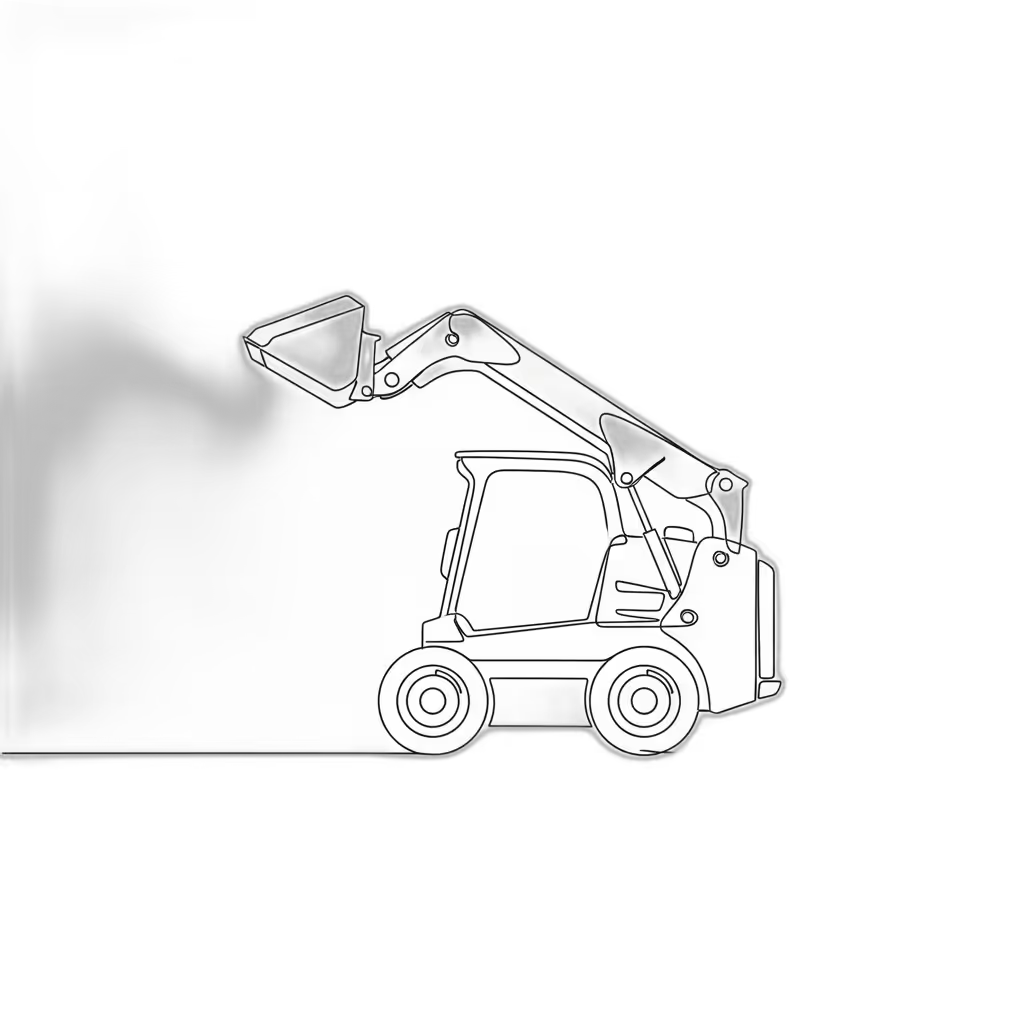

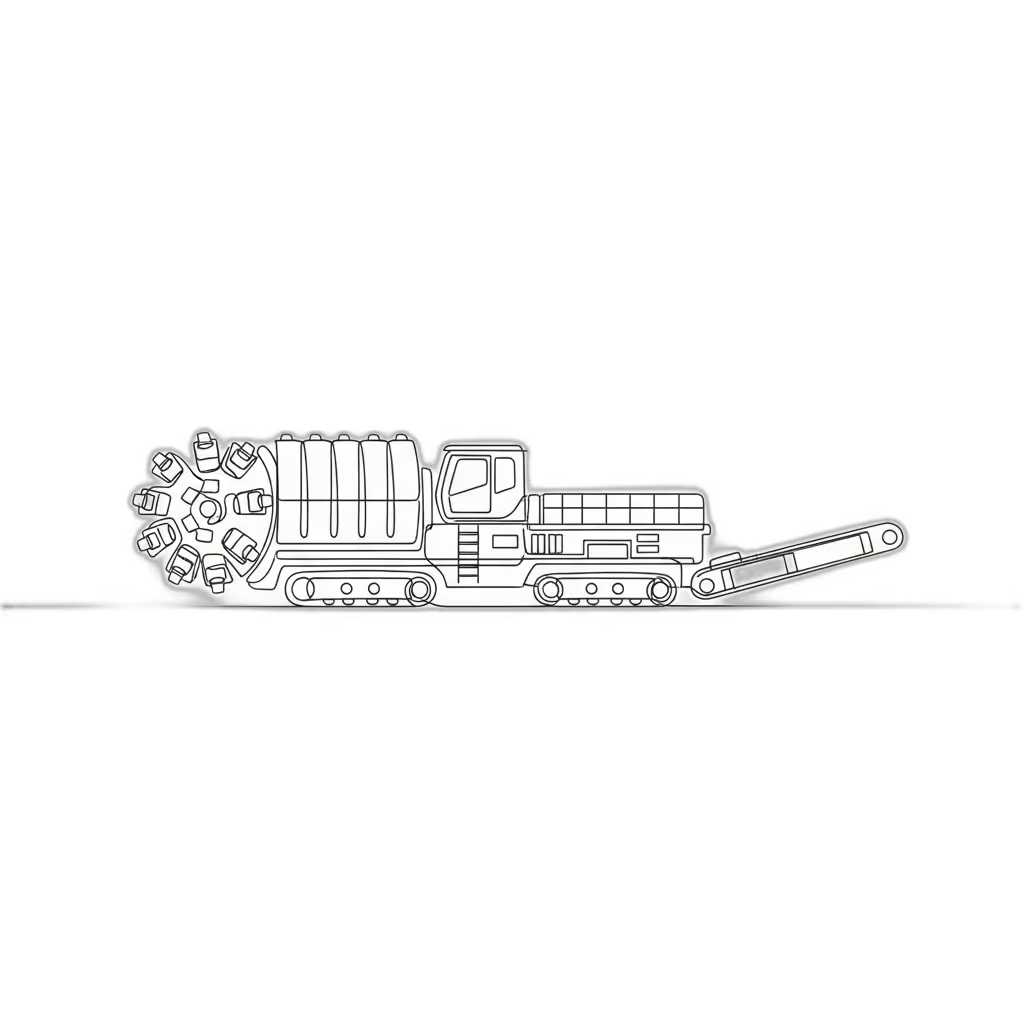
.svg)










